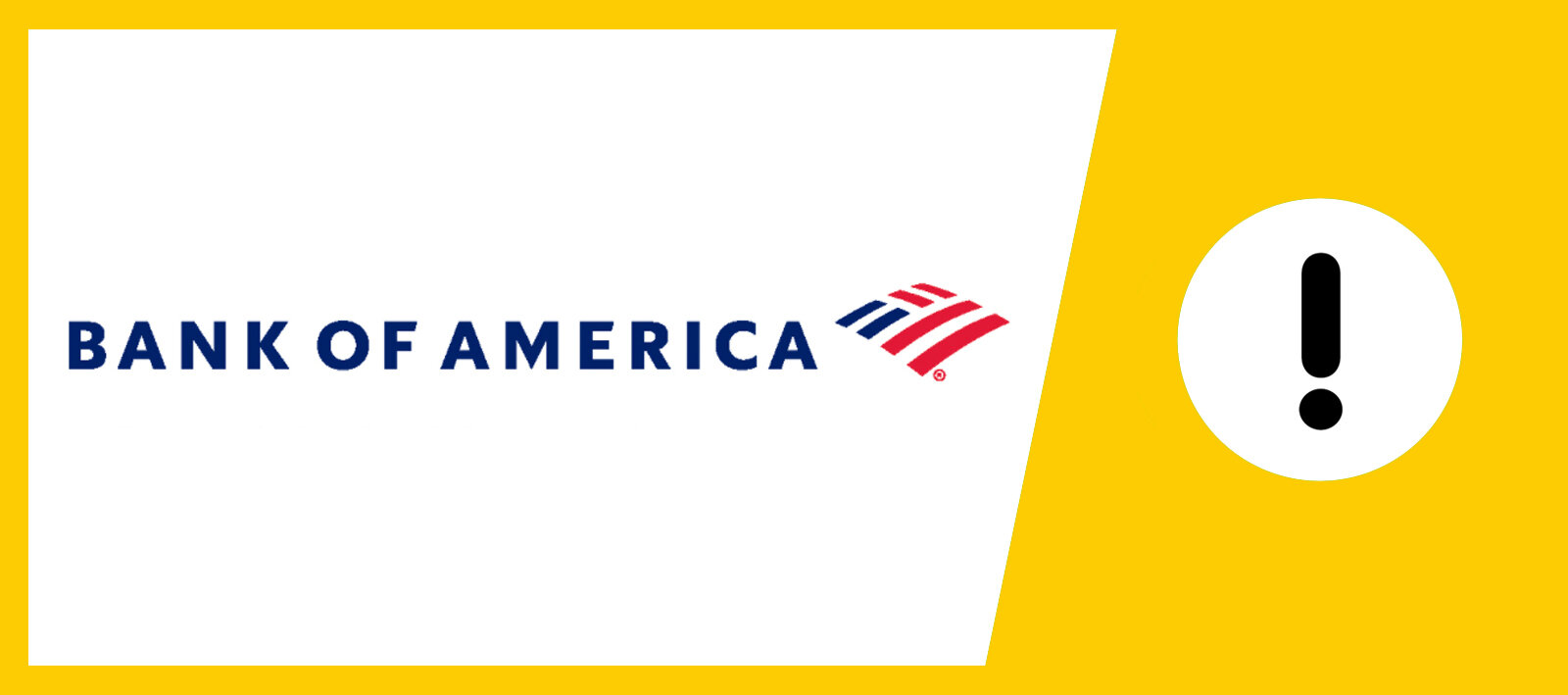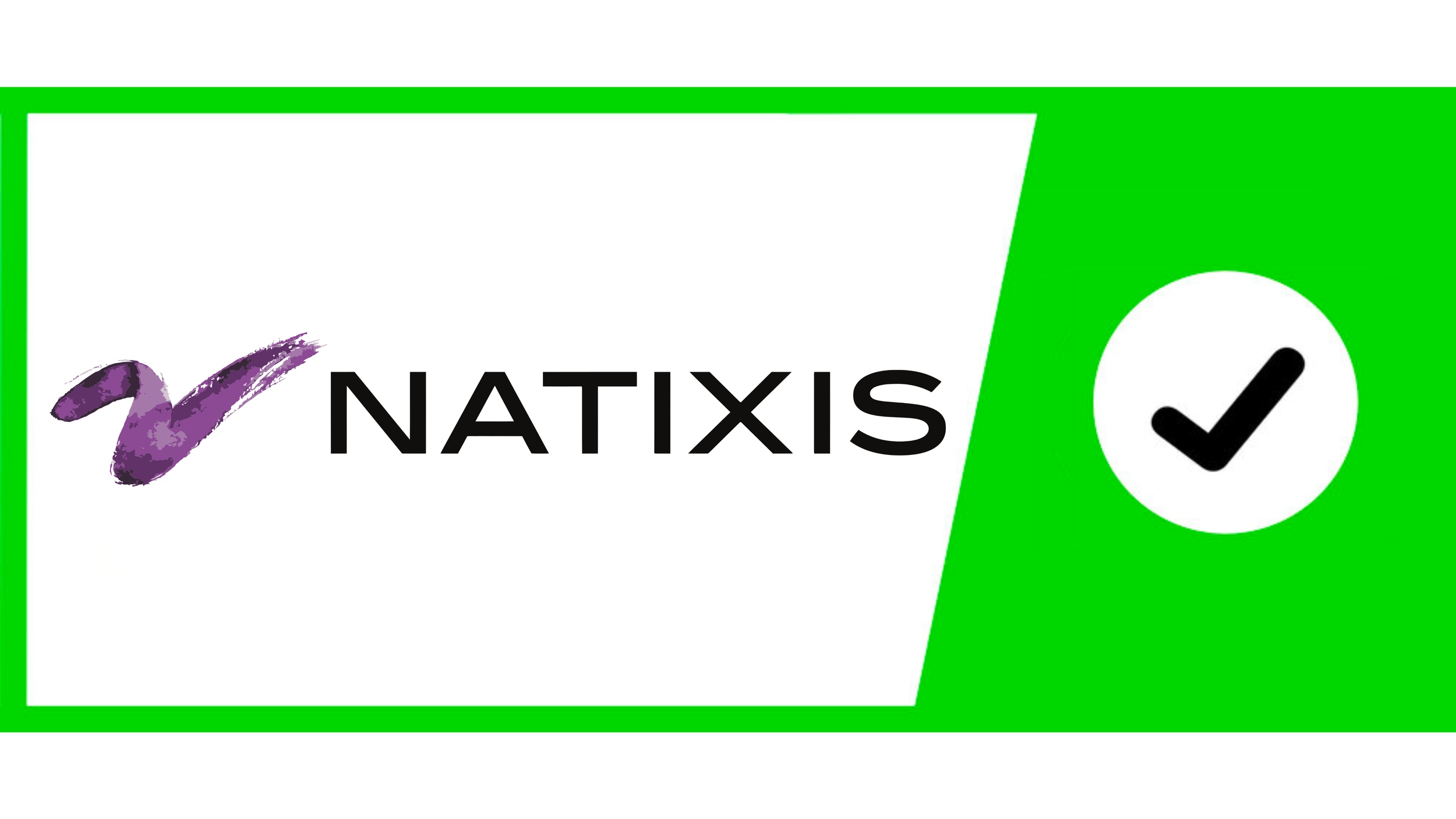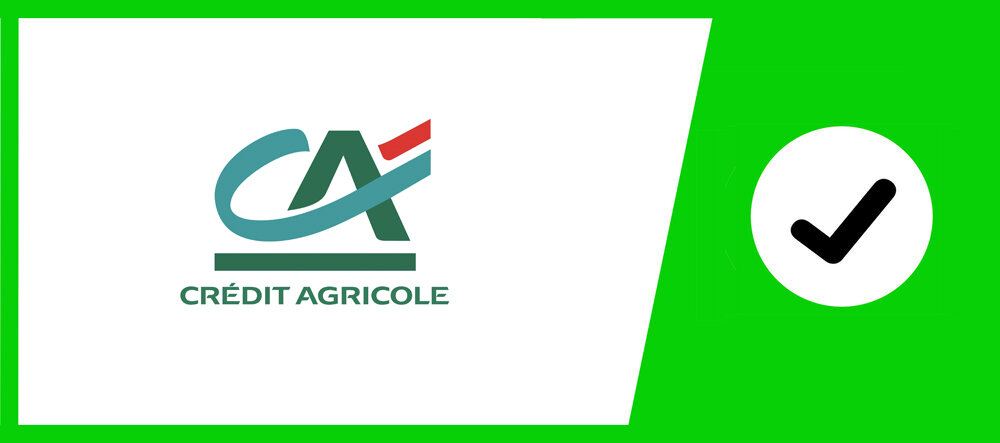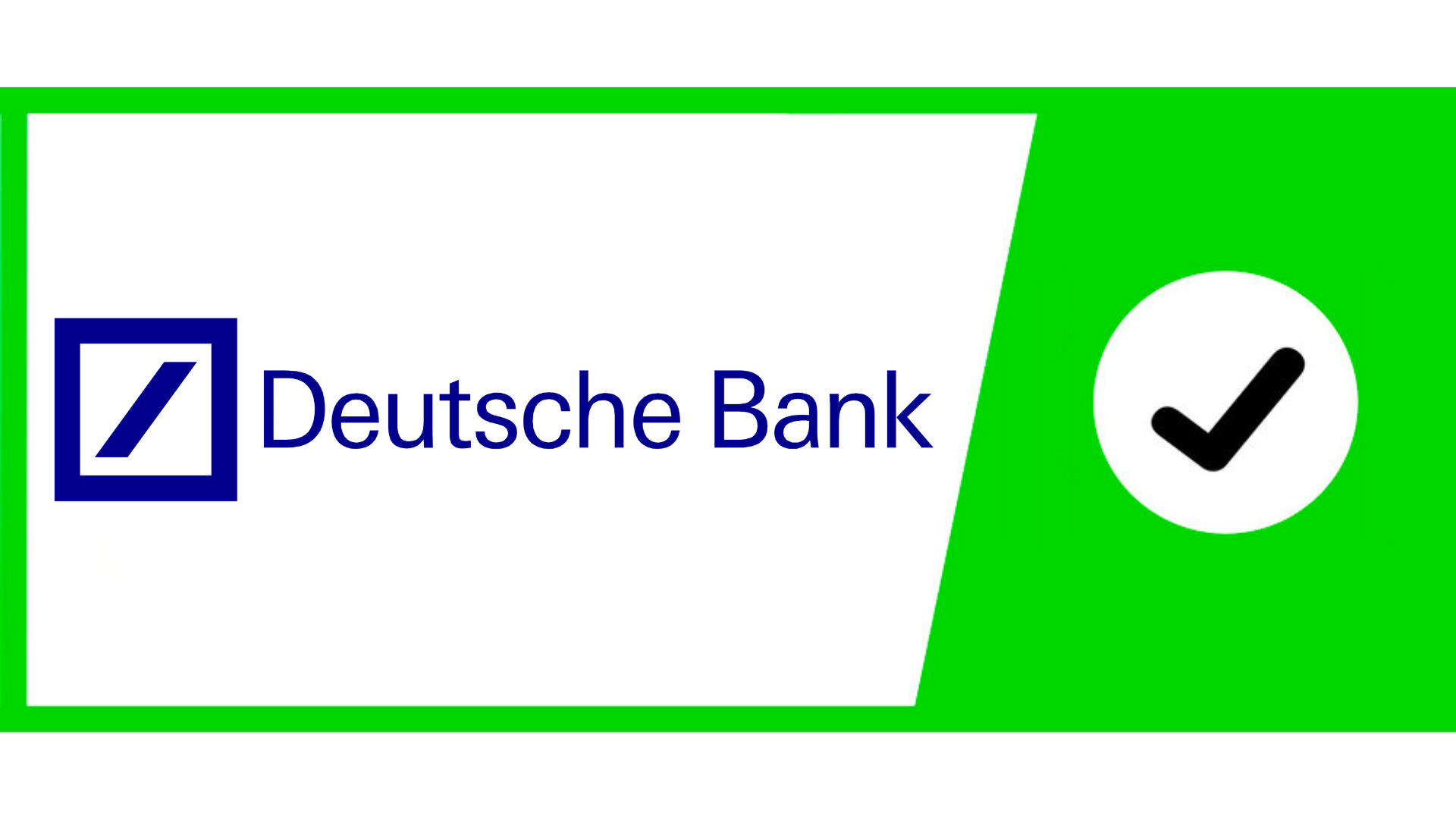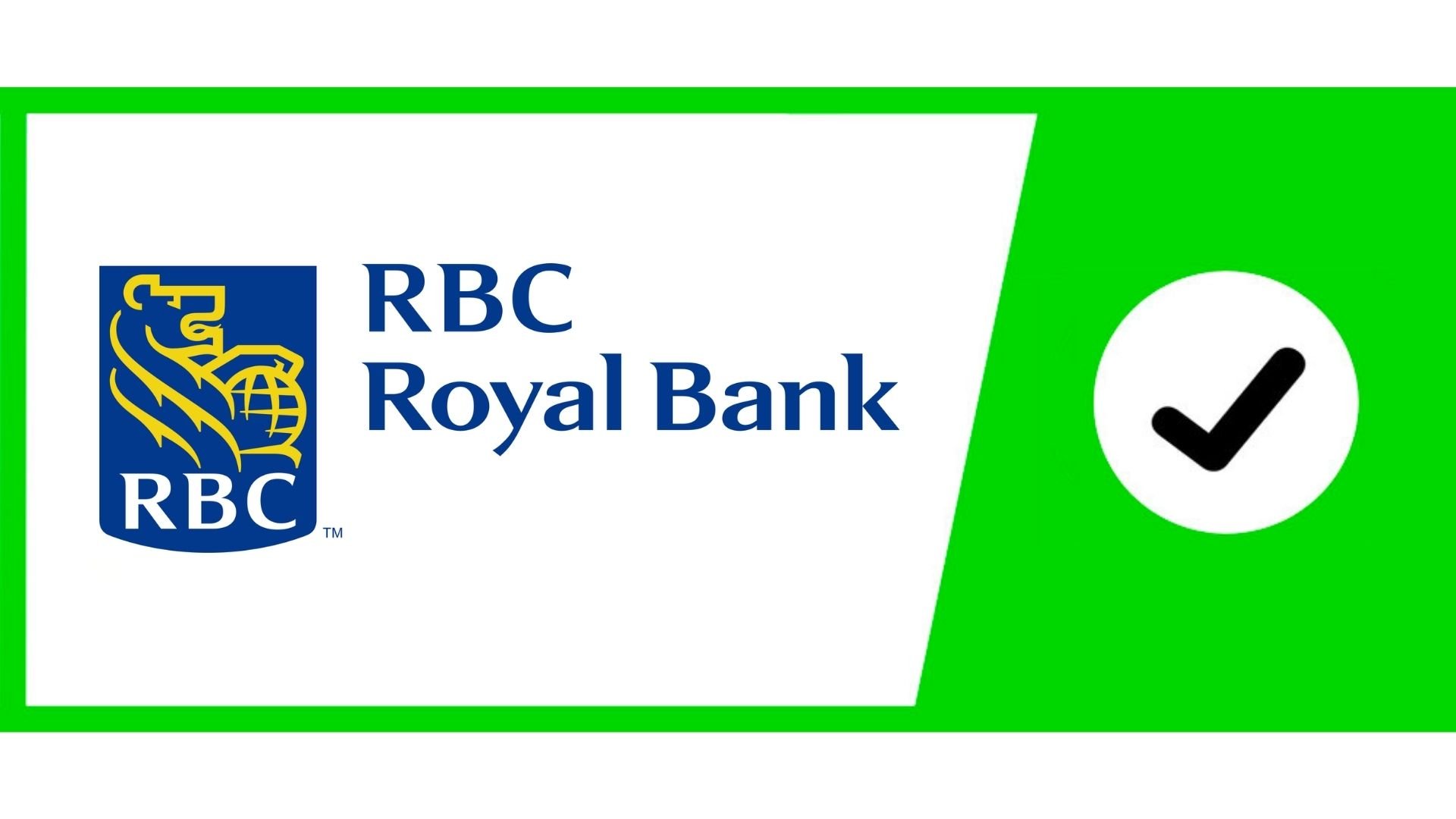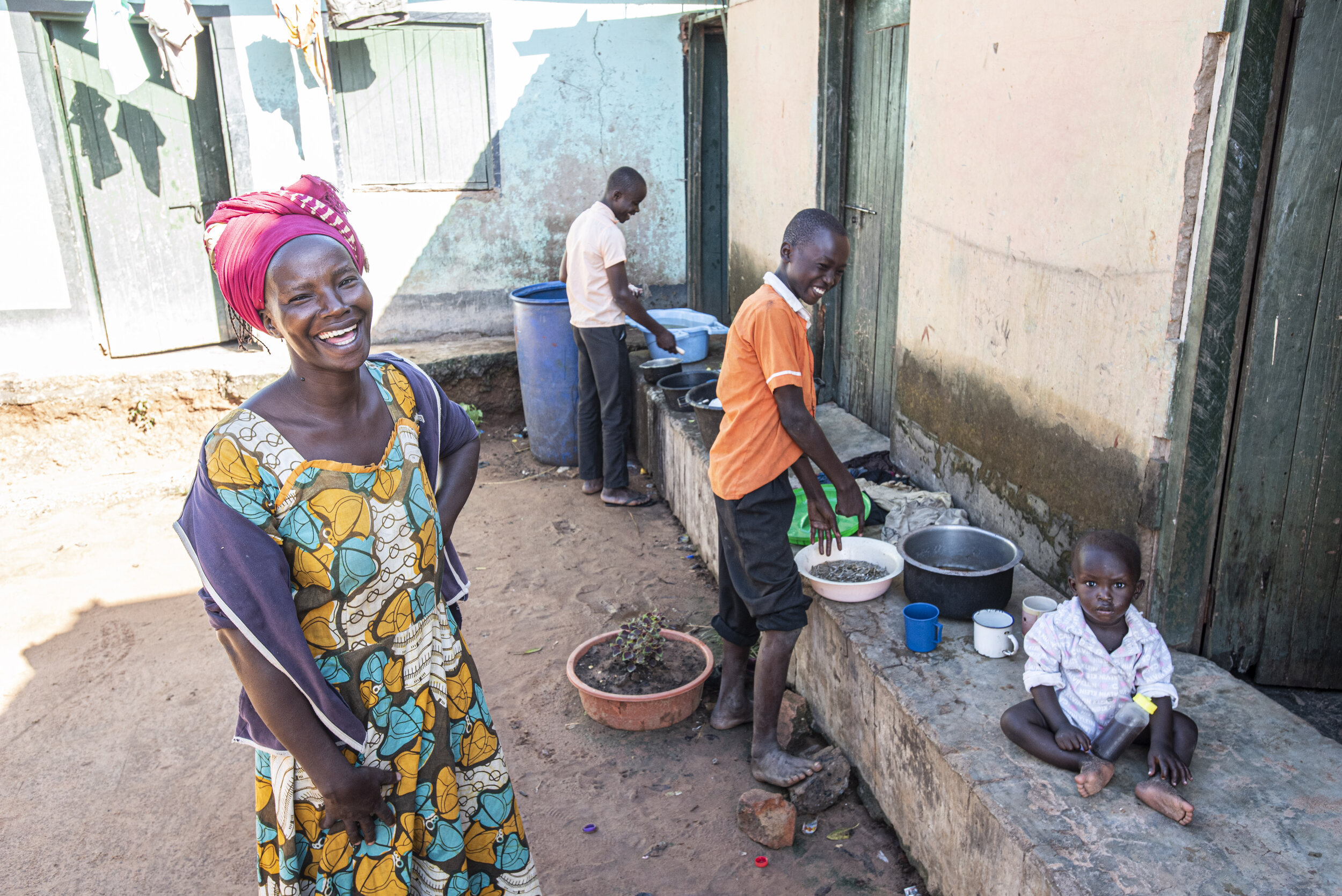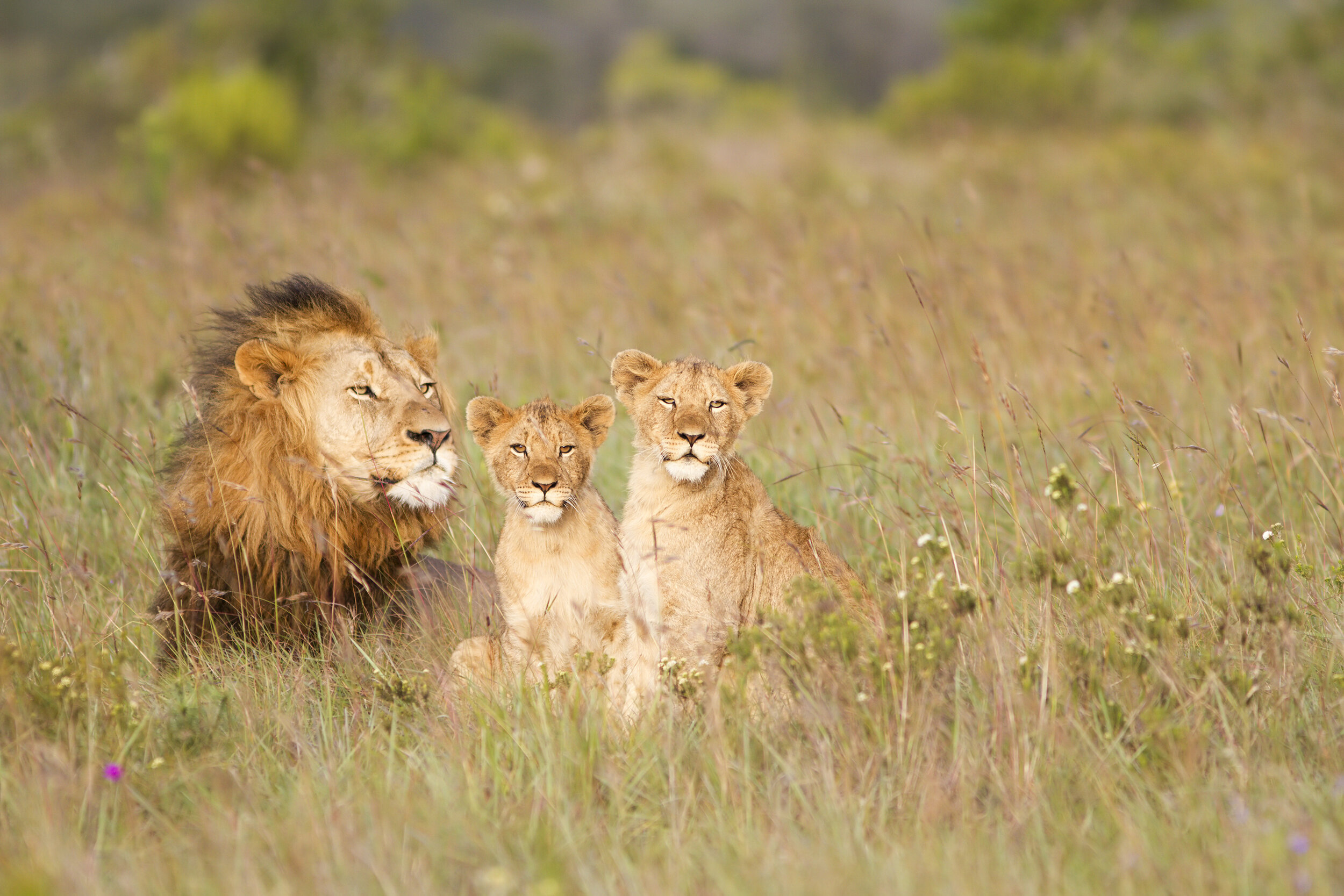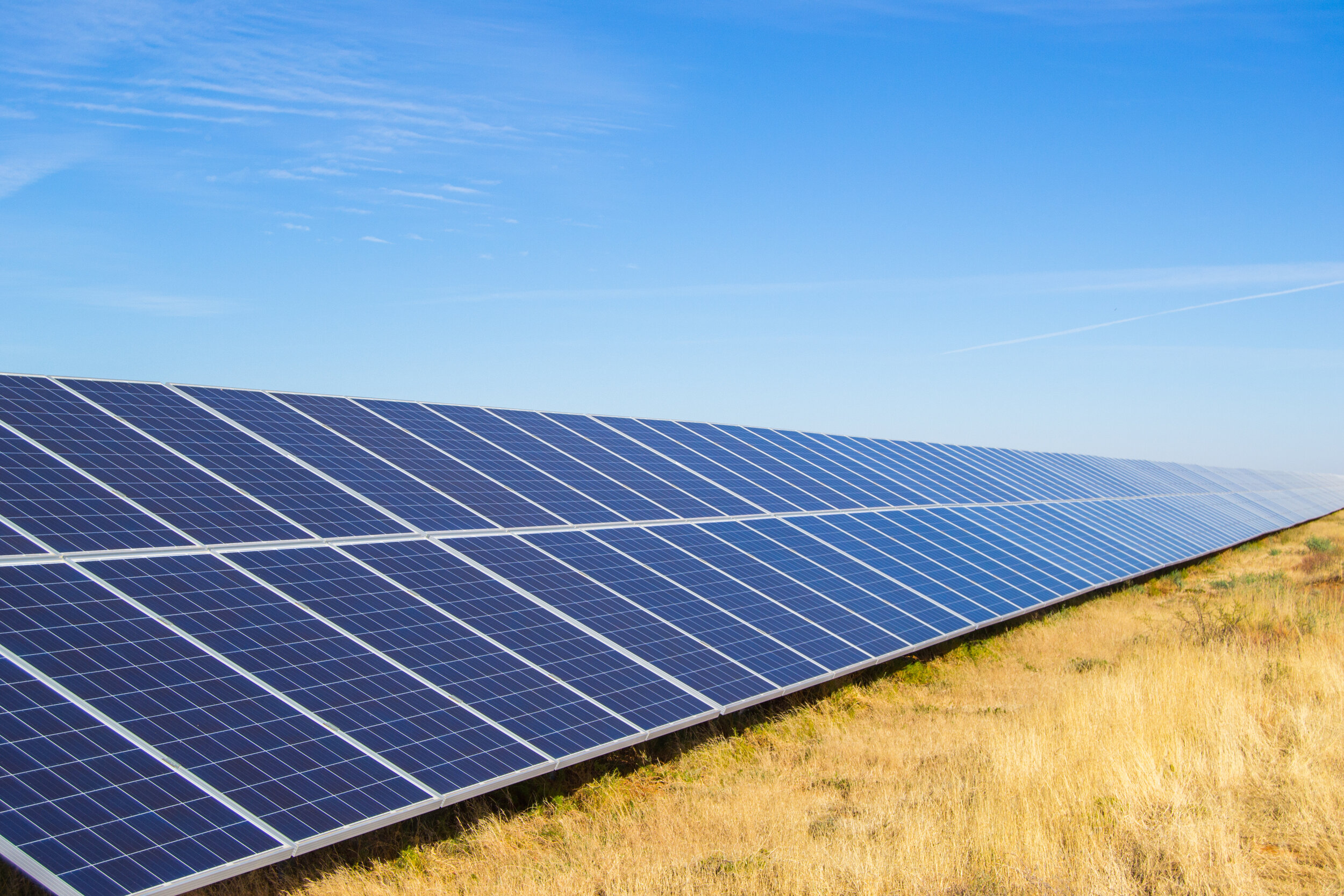
Don't Bank on EACOP:
Who's backing the pipeline and who's ruled it out?
Building the longest heated oil pipeline in the world is expensive work and Total and CNOOC can’t do it alone. They are seeking a $3 billion loan from some of the world’s largest commercial banks to get this project off the ground.
Standard Bank, through its subsidiary Stanbic Uganda, along with the Industrial and Commercial Bank of China (ICBC), are acting as financial advisors to the project. These banks are expected to serve as lead arrangers, meaning they will need to approach other banks to co-finance the deal.
We’ve drawn up a list of the top recent financiers of Total and CNOOC that are likely to be approached to join the loan. Members of the #StopEACOP alliance have written to each of these banks, urging them to rule out supporting EACOP in any way publicly.
Here are the responses so far…
Color key:
GREEN = ruled out support for EACOP
YELLOW = has not ruled out support for EACOP
RED = actively supporting EACOP
(Last updated June, 2023)
Commercial banks
Standard Bank
South Africa
Standard Bank is one of three key financial advisors for EACOP.
See Standard Bank’s full response to our most recent letter here.
agriculturAL bank of china
china
Between 2016 and 2020, Agricultural Bank of China provided $203 million in finance for CNOOC.
We’re still awaiting a response from this bank
Sumitomo Mitsui Bank (SMBC)
JAPAN
Sumitomo Mitsui Financial Group Inc. said it isn’t financing the EACOP.
SMBC was one of three key financial advisors for EACOP. Between 2016 and 2020, the bank provided $1.08 billion in finance for Total. Their non-involvement shows how risky the project is.
“We are not currently involved,” the Japanese bank’s Chief Sustainability Officer Masayuki Takanashi, confirmed.
Bank of China
China
Between 2016 and 2020, Bank of China provided $459 million in finance for CNOOC.
We’re still awaiting a response from this bank.
ICBC
China
ICBC is one of three key financial advisors for EACOP.
Between 2016 and 2020, the bank provided $647 million in finance for CNOOC.
ICBC has not responded to our request for a public statement on EACOP.
China Construction bank
China
We’re still awaiting a response from this bank.
china international capital company
china
We’re still awaiting a response from this bank.
Mitsubishi UFJ Financial Group
JAPAN
On June 2nd, 2023, MUFG confirmed its non-involvement in the EACOP project.
“MUFG’s standard position is that we refrain from commenting on individual transactions, even if we are not involved in, or have ruled out, project financing. However, given the unique level of interest in EACOP, on an exceptional basis, we can confirm that we are not involved in its financing.
Generally speaking, we invite you to refer to MUFG Environmental and Social Policy Framework
We do not intend to comment further on EACOP or any other individual transaction.”
BBVA
Spain
We’re still awaiting a response from this bank
Oversea-Chinese Banking Corporation (OCBC)
singapore
Public statement on EACOP:
“We are unable to comment specifically on the claims in your letter as we are not allowed to discuss individual clients/transactions, due to banking regulations. However, we would like to note that we have established our Responsible Financing Policies which includes our exclusion list and sector specific policies and prohibitions.”
Goldman sachs
United States
Between 2016 and 2020, Goldman Sachs provided $1.69 billion in finance for Total, and $348 million for CNOOC.
This bank declined to provide a response.
Bank of america
United States
Between 2016 and 2020, Bank of America provided $1.96 billion in finance for Total.
This bank declined to provide a response on EACOP.
standard chartered
united kingdom
Between 2016 and 2020, Standard Chartered provided $234 million in finance for Total and $67 million for CNOOC.
Public statement on EACOP:
“Standard Chartered is not involved in the financing of EACOP. Our position is that we do not normally provide comment on the detail of transactions or our clients. However, given the significant interest in this Project, we feel it is important for us to clarify our position. We won't look to provide any further comment."
Santander
Spain
The bank did not provide a public statement, but BankTrack understands that finance for the EACOP project would be precluded as part of the bank’s Environmental, Social and Climate Change Risk Management Policy, which prohibits finance for infrastructure projects located in IUCN protected areas (I-IV) or Ramsar Sites.
NATIXIS
france
Natixis, France. Between 2016 and 2020, Natixis provided $745.8 million in finance for Total, and $145 million for CNOOC.
Public statement on EACOP:
"I can confirm that Natixis will not participate in the financing of EACOP.”
INVESTEC
South Africa
Public statement on EACOP:
"Investec has no role in this transaction and as far as we are aware does not intend to be involved." (January 2022).
ANZ
australia
Between 2016 and 2020, ANZ provided $320 million in finance for Total.
Public statement on EACOP:
ANZ said the proposed project was “not in line with its regional presence and strategy.”
Citi
United States
Between 2016 and 2020, Citi provided $1.97 billion in finance for Total, and $348 million for CNOOC.
Public statement on EACOP:
“Financial Times has reported that Citigroup has ruled out financing of the project. Read more HERE”
Barclays
united kingdom
Between 2016 and 2020, Barclays provided $2.85 billion in finance for Total.
Public statement on EACOP:
“Barclays does not intend to participate in the financing of the East African Crude Oil Pipeline project.”
first rand
SOUTH AFRICA
Public statement on EACOP:
"I can confirm that FirstRand is not participating in this project."
FirstRand confirmed this also applies to its Rand Merchant Bank and First National Bank brands and divisions. (January 2022).
credit Agricole
france
Between 2016 and 2020, Credit Agricole provided $5.94 billion in finance for Total.
French media has reported that Credit Agricole will not be financing the pipeline.
Deutsche Bank
Germany
Between 2016 and 2020, Deutsche Bank provided $1.71 billion in finance for Total.
Public statement on EACOP:
“Reuters has reported that has ruled out financing of the project. Read more HERE”
BNP Paribas
FRANCE
Between 2016 and 2020, BNP Paribas provided $5.05 billion in finance for Total.
French media has reported that BNP Paribas will not be financing the pipeline.
Credit Suisse
Switzerland
Between 2016 and 2020, Credit Suisse provided $1.32 billion in finance for Total, and $145 million for CNOOC.
Public statement on EACOP:
“Credit Suisse is not considering participating in the EACOP project.”
HSBC
United kingdom
Between 2016 and 2020, HSBC provided $1.78 billion in finance for Total, and $145 million for CNOOC.
Public statement on EACOP:
"HSBC is not involved in this financing"
Mizuho
Japan
Between 2016 and 2020, Mizuho provided $1.21 billion in finance for Total, and $145 million for CNOOC.
Public statement on EACOP:
"We won’t commit our financing to EACOP unless the on-going E&S issues will be resolved and amicable solutions will be prepared."
Morgan stanley
United states
Between 2016 and 2020, Morgan Stanley provided $2.07 billion in finance for Total.
Public statement on EACOP:
“Financial Times has reported that Morgan Stanley has ruled out financing of the project. Read more HERE”
Royal Bank of Canada
Canada
Between 2016 and 2020, RBC provided $1.45 billion in finance for Total.
“RBC is not involved in the project.
societe generale
france
Between 2016 and 2020, Société Générale provided $1.6 billion in finance for Total, and $281 million for CNOOC.
French media has reported that Société Générale will not be financing the pipeline.
United Overseas Bank
singapore
Public statement on EACOP:
“UOB is not, and does not intend to be, a financier of the East African Crude Oil Pipeline project.”
JP Morgan CHASE
United States
Between 2016 and 2020, JP Morgan Chase provided $2.33 billion in finance for Total, and $348 million for CNOOC.
Public statement on EACOP:
“Financial Times has reported that JP Morgan has ruled out financing of the project. Read more HERE”
ABSA GROUP
SOUTH AFRICA
Public statement on EACOP:
"We aren’t involved in EACOP". (January 2022).
dz Bank
germany
Public statement on EACOP:
“We would like to inform you that DZ BANK is not considering a financing role in the EACOP transaction.”
intesa Sanpaolo
Italy
Public statement on EACOP:
“Intesa Sanpaolo does not intend to participate in the financing of the East African Crude Oil Pipeline project,”
Unicredit
italy
Between 2016 and 2020, UniCredit provided $733 million in finance for Total.
Italian civil society group Re:Common has confirmed that UniCredit will not be financing the pipeline. The bank has declined to provide a public comment.
NEDBANK
South Africa
Public statement on EACOP:
"We would like to take this opportunity to reiterate that Nedbank has no involvement in the East African Crude Oil Pipeline (EACOP) project." (January 2022).
Wells Fargo
United States
“Financial Times has reported that Wells Fargo has ruled out financing of the project. Read more HERE”
Photo credit (top banner): Shannon Goodman
#STOPEACOP
FOR PEOPLE
EACOP threatens to displace thousands of families and farmers from their land and has already disrupted the livelihoods of many. If allowed to move forward, it would also place at risk vital water sources that millions of people rely upon for drinking and food production.
#STOPEACOP
FOR NATURE
EACOP will rip through some of the world’s most important elephant, lion and chimpanzee nature reserves. There’s also concern that the pipeline will open up more critical ecosystems to even more oil extraction.
#STOPEACOP
FOR CLIMATE
EACOP will fuel climate change by enabling the extraction of oil which will generate over 34 million tons of CO2 emissions every single year. To solve the climate crisis, we must stop building new fossil fuel projects.












